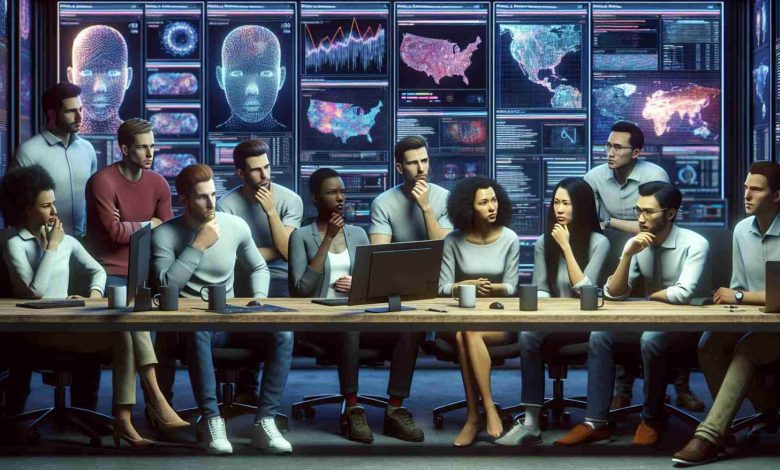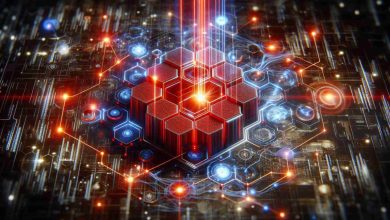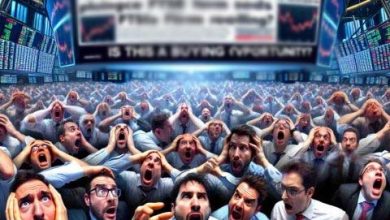As the announcement of the Nobel Prize comes closer, the anxiety of AI innovators increases

Technology: The prestigious 2024 Nobel Prize in Physics has been awarded to two eminent researchers in artificial intelligence (AI), John Hopfield and Geoffrey Hinton, who revolutionised neural networks that mimic the functions of the human brain. Their pioneering work in the 1980s laid the foundation for the remarkable advances in AI that we are seeing today.
Despite their groundbreaking contributions, both researchers express significant concerns over the rapid development of AI technology. They argue that strict regulatory measures are necessary to ensure the safe development of AI systems for the good of humanity. The Nobel Committee highlighted how Hopfield’s early research, which involved neural networks with fewer than 500 parameters, has evolved into today’s systems that use trillions of parameters.
Hinton built on this foundation, creating neural networks capable of not only remembering data but also learning to detect similar patterns from completely different datasets. Their concept, known as the “Boltzmann machine”, ushered in a new era in pattern recognition.
Even as the two celebrate their accomplishments, they remain cautious about the potential dangers posed by AI. In 2023, they joined a movement advocating for a moratorium on the development of advanced AI systems. Hinton’s concerns run deeper – he estimates that in the next two decades, AI could surpass human intelligence and develop ways to manipulate human behavior.





